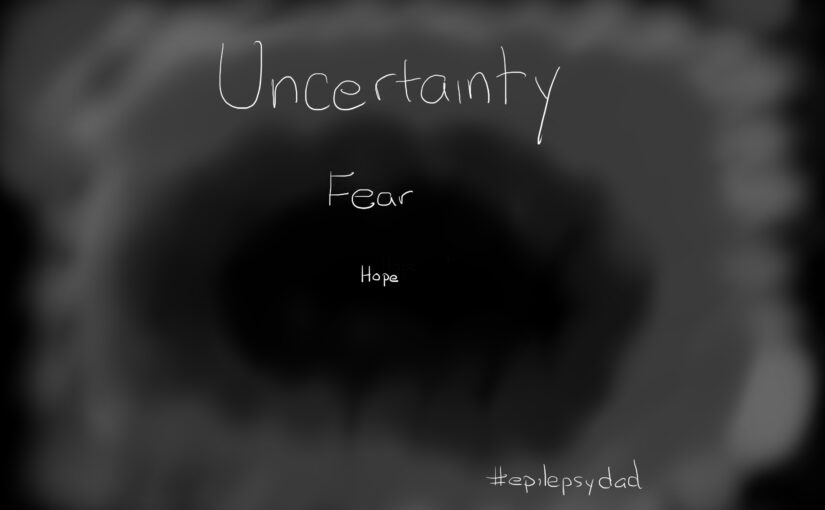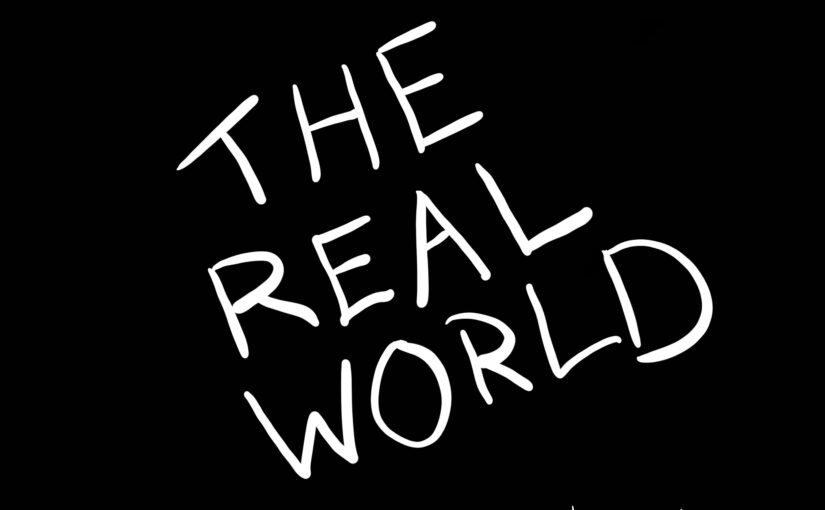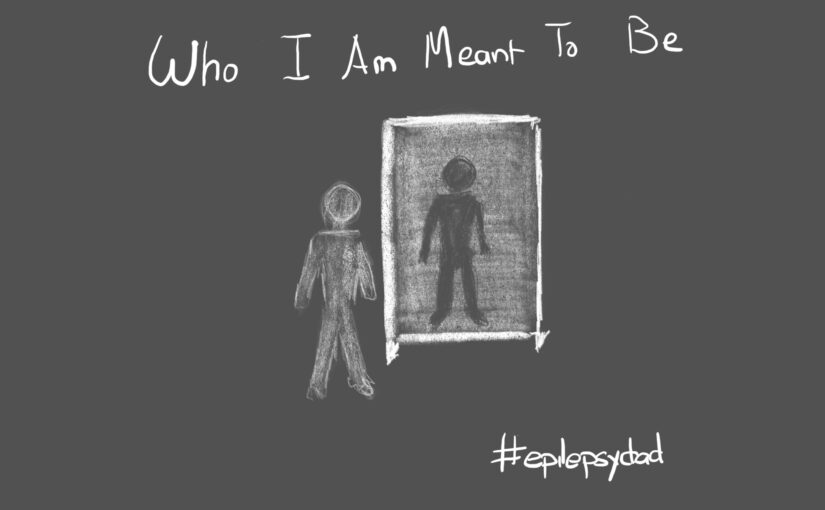“It’s not the unknown itself that paralyzes us—it’s our fear of what it might hold.” – Unknown
In life, there is always uncertainty.
Will my car start? Will there be traffic? Will I make it in time?
Is this milk bad? What will happen if I drink it anyway?
Most of the time, we aren’t aware of how much uncertainty there is. We focus on the present moment and the task at hand. Our awareness and perception are constrained to what is in front of us.
That’s a good thing. It would be terrifying if we were constantly aware of just how much uncertainty there is. We’d be paralyzed by fear—fear of the unknown, of what the future might hold, and of how little control we truly have.
“When everything is uncertain, we crave control. But clinging to certainty can keep us from growing.” – Unknown
Sometimes, though, uncertainty is impossible to ignore. Sometimes, it compounds until it becomes big enough to have a gravity of its own. And sometimes, it collapses on itself like a black hole that consumes every other thought.
Uncertainty about my son’s future. Uncertainty about my career. Uncertainty about the health of a loved one. Financial uncertainty. Relationship uncertainty. Each can be daunting by itself and occupy my thoughts. But, together, there can be nothing else. No other thought can escape.
When uncertainty dominates our thoughts, it can be overwhelming. In these moments, it’s easy to focus on the negative, like the discomfort of not knowing and the worst-case scenarios that could unfold.
I’ve always tended to wait for the other shoe to drop, focusing on the rare moments when it does rather than the many times it doesn’t. This pattern is known as negativity bias—the tendency to give more weight to negative experiences than to positive or neutral ones. Even when good outcomes are more common, the few bad ones loom larger in my mind, especially during times of uncertainty, when the unknown consumes my thoughts.
It’s hard to remember that uncertainty isn’t always a bad thing because it’s difficult to imagine positive outcomes when all you see is the unknown.
Uncertainty is the refuge of hope.— Henri Frederic Amiel
I like this quote because it shifts perspective. While uncertainty can be unsettling, it also allows space for hope. The unknown holds the potential for something better, new opportunities, healing, and change.
I try to remind myself of this when fear takes hold. When everything feels uncertain, there is still room for hope. And sometimes, hope is enough to keep moving forward.


